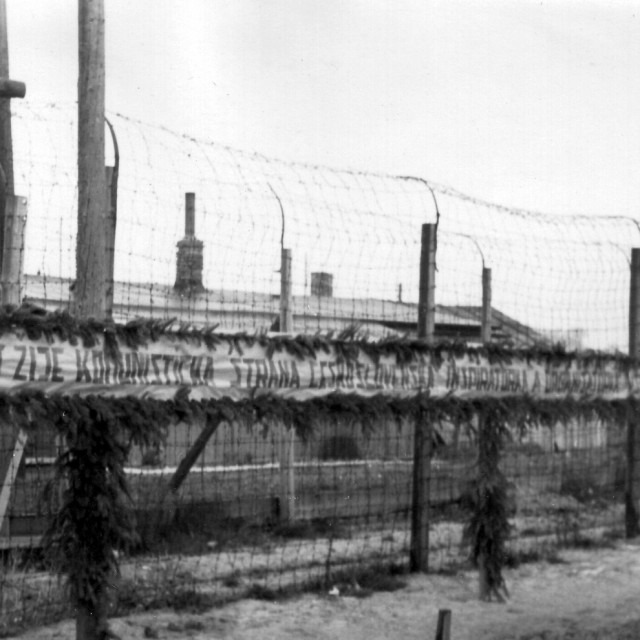
Vladimír Chlupáč
Vladimír Chlupáč was born on 16th April 1930 in Jindřichův Hradec. Both his parents were state employees. His father was a chief police officer, his mother was a teacher. His father twice refused to enter the Communist party, first in 1945, then in 1948. After his second refusal he was dismissed from the service. He died in 1988 without being properly rehabilitated. Vladimír Chlupáč grew up in Strmilov, Kunžak a Jindřichův Hradec. After the war, he finished a two year business school. He wanted to continue his studies at the Forestry school but he wasn't allowed. During his studies in Tábor, he established an anti-regime group with his fellow students; they disagreed with dismissal of certain teachers and tried to obtain a radio transmitter. More than likely, the group was already being watched by the police at that time. Finally they were turned in by Stanislav Buďa, a soldier from Jindřichův Hradec, and all seven members of the group were arrested in March 1949 by the state police, interrogated at the Pankrác prison in Prague and had a trial at the State Court in Prague. Vladimír Chlupáč was sentenced to three years in prison, other three got milder sentences and three were cleared of the accusations. Vladimír Chlupáč was imprisoned in various labor camps in the Jáchymov area, like Eliáš, Rovnost, Mariánská, Svatopluk and others. Together with the other political prisoners, he had to work in the miserable conditions of the uranium mines. In 1950, Milada Horáková was executed after a politically trumped-up trial. Vladimír Chlupáč denounced this act publicly, saying that it was "a murder and those who executed her will be hanging at the gallows." He was turned in and sentenced again to seven more years in prison, which added up to 10 years together with the original sentence. Then he was imprisoned in Pankrác, Mořina, camp 12 in Horní Slavkov, camp Svatopluk and Vojna in Příbram region. He was released in 1958 with the general pardon of the president of the republic Novotný, which shortened his sentence only with half a year. Presently, he lives in Litoměřice where he helped to establish a local branch of the Confederation of Political prisoners. Since 2006 he has become its chairman.






